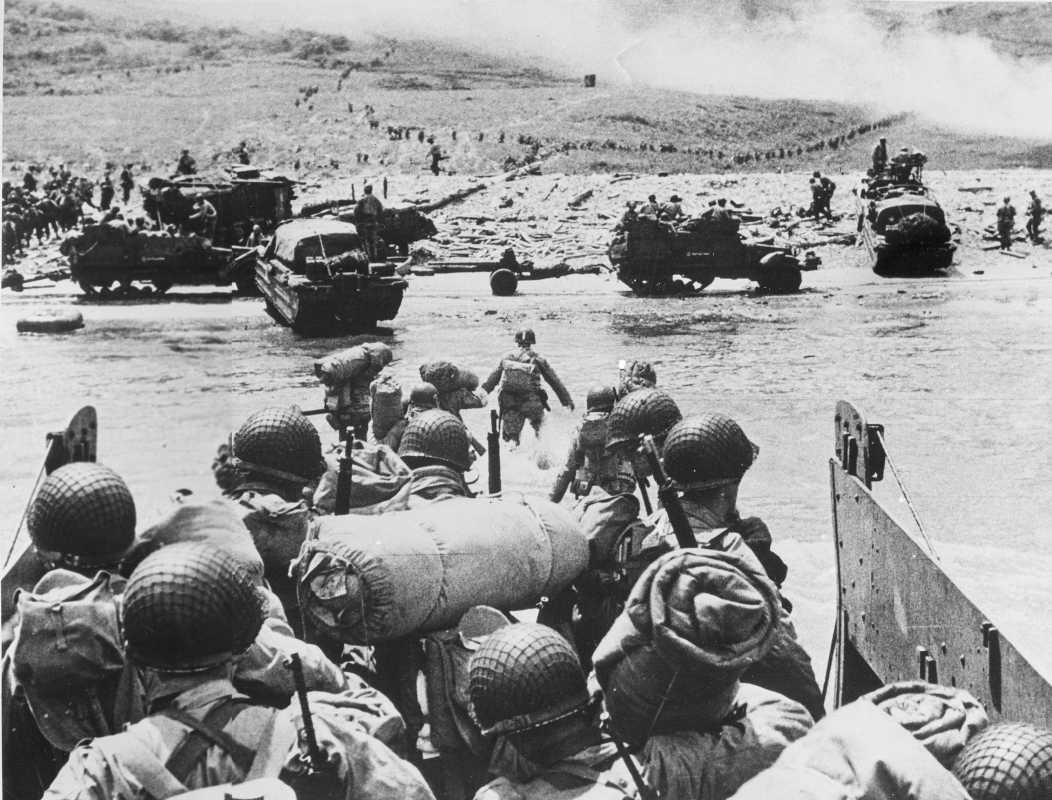World
D-Day Secrets Revealed: The Role of a French Poem in the Normandy Invasion

Eighty years ago today, on Tuesday 6 June 1944, the World War 2 allied invasion of Normandy began. Codenamed Operation Neptune, it is often referred to as D-Day. It was the largest seaborne invasion in history and began the liberation of France.
Preparations for the invasion began in 1943. The British and US sent agents to France to prepare the French Resistance, including the Ordinary Heroes, for the D-Day invasion. Supplies, training, and radios flowed surreptitiously into France. Most important was the very secret pad of codes. These explained the hidden meaning of often seemingly random radio messages broadcast by the BBC‘s French Service most nights.
Mike Mayhew lived in Oulton Broad as a child. Aged 8 in 1944, he often listened to his grandmother’s shortwave radio and vividly remembers a poem being read over the airwaves. He told East Anglia Bylines:
I recall the words, something akin to ‘My heart aches with languor’. Later, we learned it was the signal that D-Day was to commence. In fact, this was the second part of Chanson d’automne to be broadcast.
Four days later, on 5 June, the BBC broadcast the lines Mayhew remembers. This was the order to begin cutting railway lines. Just a few hours later, shortly after midnight on the morning of 6 June, the invasion began. 24,000 American, British, and Canadian paratroopers dropped from the skies. There was extensive aerial and naval bombardment. Then, early in the morning, the allied amphibious landings began across the target 50-mile stretch of the Normandy coast – code named Utah, Omaha, Gold, Juno, and Sword.
Mayhew reminisced: ‘I remember there was a large temporary barracks near where I lived. My mother used to do the washing for the troops. Suddenly it was a ghost town. The departing soldiers had taken what they could carry and left everything else behind – the canteen, their accommodation, mess halls, and their dirty washing – no doubt expecting to return.












